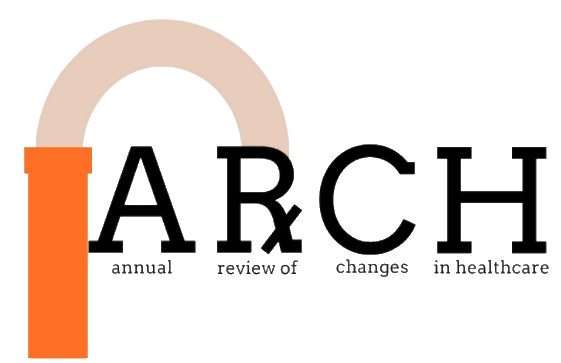Review of Alzheimer’s Disease Treatment and Potential Future Therapies
|
Ralf Jadoopat
|
Abstract
Alzheimer’s disease (AD) is a progressive neurodegenerative disorder that leads to decline in cognitive functioning and ultimately loss of social independence. The complete pathology of this disease is not yet understood. However, the mechanisms currently proposed include formation of neurofibrillary tangles, deposition of β-amyloid plaques, and decreased cholinergic neurotransmission. There are no definitive causes of this condition, but age appears to be a risk factor. This article will review current treatments that are used in practice, highlighting the medication class, mechanism of action, and common or serious side effects. Areas of future drug development will also be reviewed. As new information regarding the pathophysiology of AD is uncovered, researchers will continue to develop new potential therapies.
Full Text
| Vol2Article4.pdf | |
| File Size: | 675 kb |
| File Type: | |



